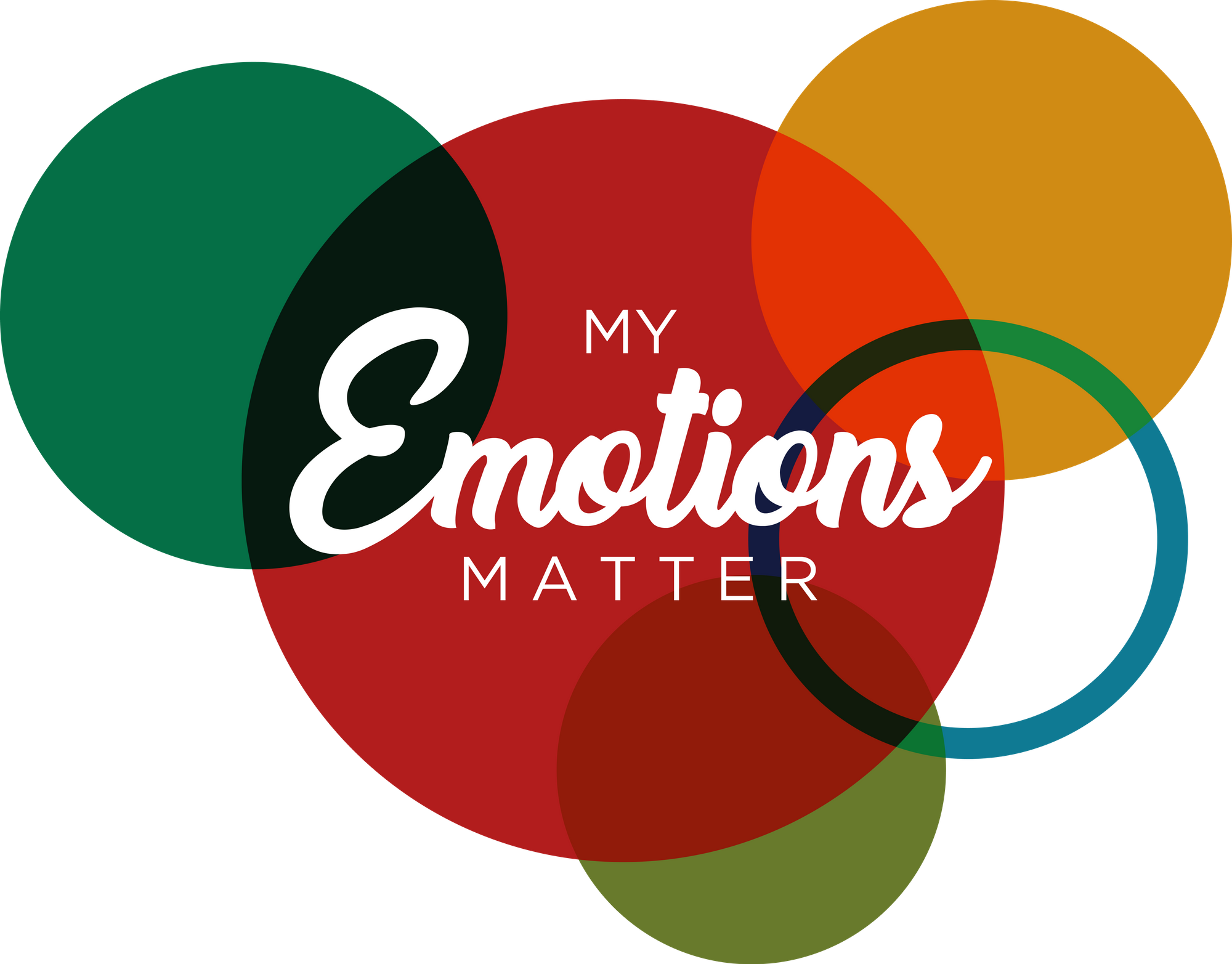From the Eye of Understanding Needs
Have you ever wondered why you act the way you do? Or why others around you seem to react in ways that leave you frustrated, confused, or disheartened? What if I told you that every action, every feeling, whether yours or someone else's, is driven by a single, powerful force? This powerful force is our ‘Needs’- the intrinsic motivators that get us to act.
When you begin to understand that all behavior is a response to trying to meet a need, everything changes. This simple shift in perception has completely altered the way I perceive myself and others. It has made me less judgmental and more empathetic, and by doing so, it's allowed me to be more aware of other people's boundaries, respect my own well-being, and cultivate deeper, more meaningful connections.

When the good morning text didn’t arrive
Let me take you through a little scenario. Imagine it’s a morning, and I’ve been looking forward to hearing from my partner, as we have a routine of sending each other a quick "Good morning" message to start the day. But today, they didn't text me at all. The morning passes, and I feel a growing sense of frustration. By noon, they would only respond to me via text, but my emotions have already taken over. The previous me would have instructed myself to say, "Why didn't they text me this morning? Do they care about me? Why am I always the one initiating things?" I'd begin weaving a story that I was being ignored or overlooked.
But here’s the twist. It wasn't my partner's behavior that irritated me—it was my own unmet need for closeness and reassurance. I had been craving that particular text because for me, being texted meant feeling close and noticed, and when that need wasn't fulfilled, it triggered my unpleasant feelings.
Instead of blaming my partner, I recognized that my reaction was out of a need for attention and emotional closeness. This allowed me to take a step back and realize that my partner might have been trying to do something else to meet some of his needs. When I could see both of us as humans trying to meet needs, I could then express my need for connection more directly without holding onto frustration or resentment. By noticing how my feelings are connected to my needs, I was able to communicate more effectively, instead of letting the situation escalate to a conflict.

We Are All Trying to Meet Needs Every Moment
If you think about it, we are only ever trying to meet needs but when we think of needs, we often think only of basic survival needs like food, water, shelter. But we also have needs like respect, appreciation, love, understanding, clarity etc which are just as important. These needs aren’t always obvious or clear, but they deeply shape our responses and actions in life. And sometimes, when we're not even sure what need we're trying to meet, it creates conflict. For instance, think about an argument with a loved one. If you’ve ever been caught in a disagreement that seems to go in circles, you’ll notice that what’s really happening is a failure to understand and express needs. One person might need to feel heard, while the other might need to have some time and space to themselves. What appears as an angry confrontation is really an expression of unmet emotional needs.
Here's the most liberating part: once you see that your feelings are about your needs, you get the authority to take self-responsibility. It’s not about blaming others for how you feel, but understanding that your emotional reactions are signals—signals that something inside you needs attention.
It Is No Different in the Workplace
For example, I used to get irritated when someone cut me off in meetings. I used to believe that them cutting me off was them ‘being rude’. This frustrated me and it led me to think they didn’t like me. But as I asked myself what my reaction was really about, I discovered that I had a need for respect and acknowledgment in such a situation. I could also connect with why they were cutting me off; perhaps they wanted to be heard and understood. Once I knew that, I could respond to the situation with clarity and compassion, rather than being controlled by my reactivity to their actions.
When I look at life in terms of needs, I see people, not problems. I see connections waiting to be made, not battles to be fought. When I'm hurt or angry, I remind myself that it's not about what the other person did—it's about what I need. And when I think about all behavior as a function of unmet needs, the way I approach the world changes. I no longer see myself as a victim of what other people do. I feel empowered to respond in a way that honors my needs and others', and I build bridges instead of walls.
So the next time you are in a sticky situation or find yourself triggered by someone's action, pause. Take a break and ask yourself: What need is at play here? It may just change the way you see the world—and more significantly, the way you engage and connect with it.




